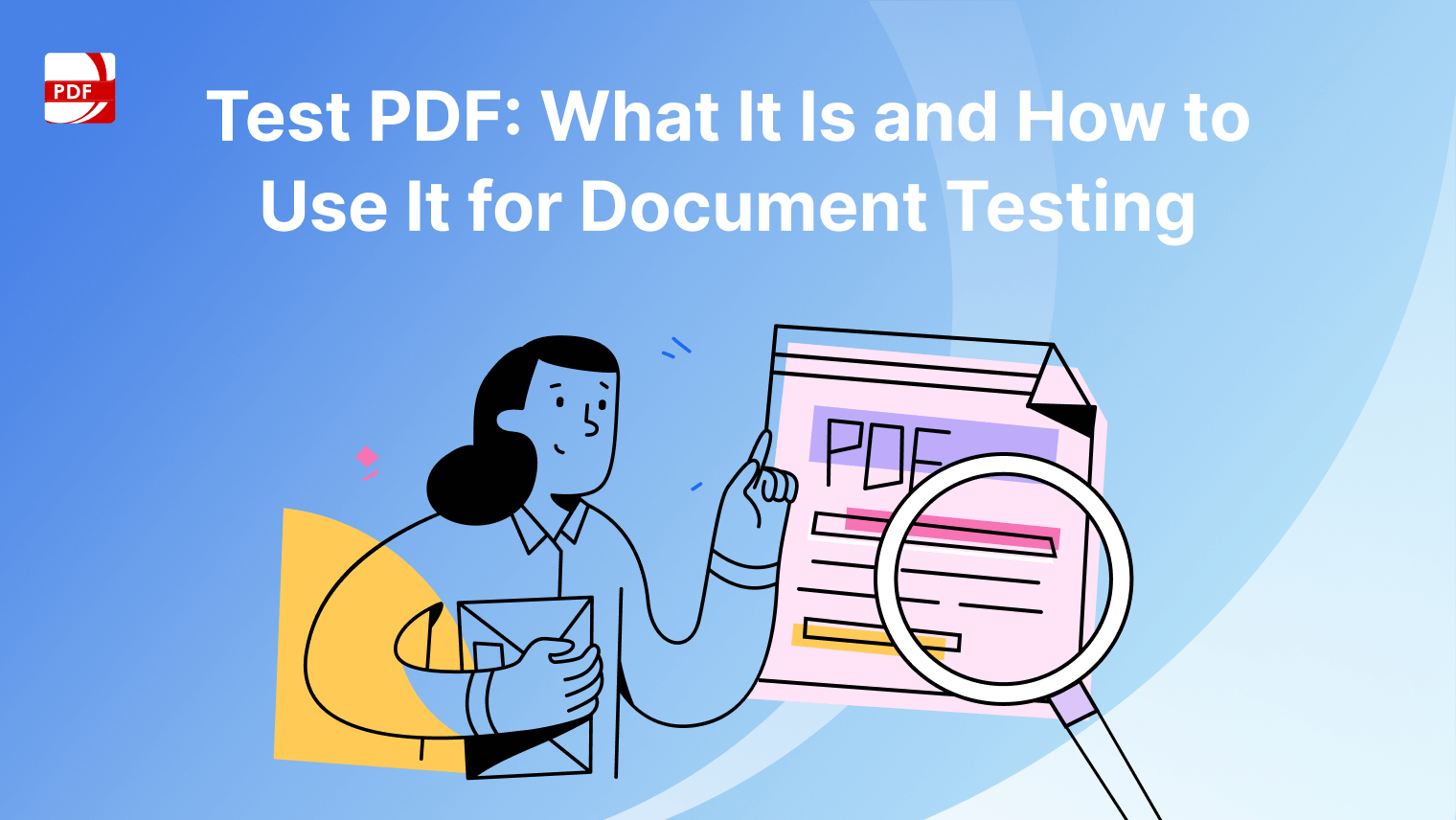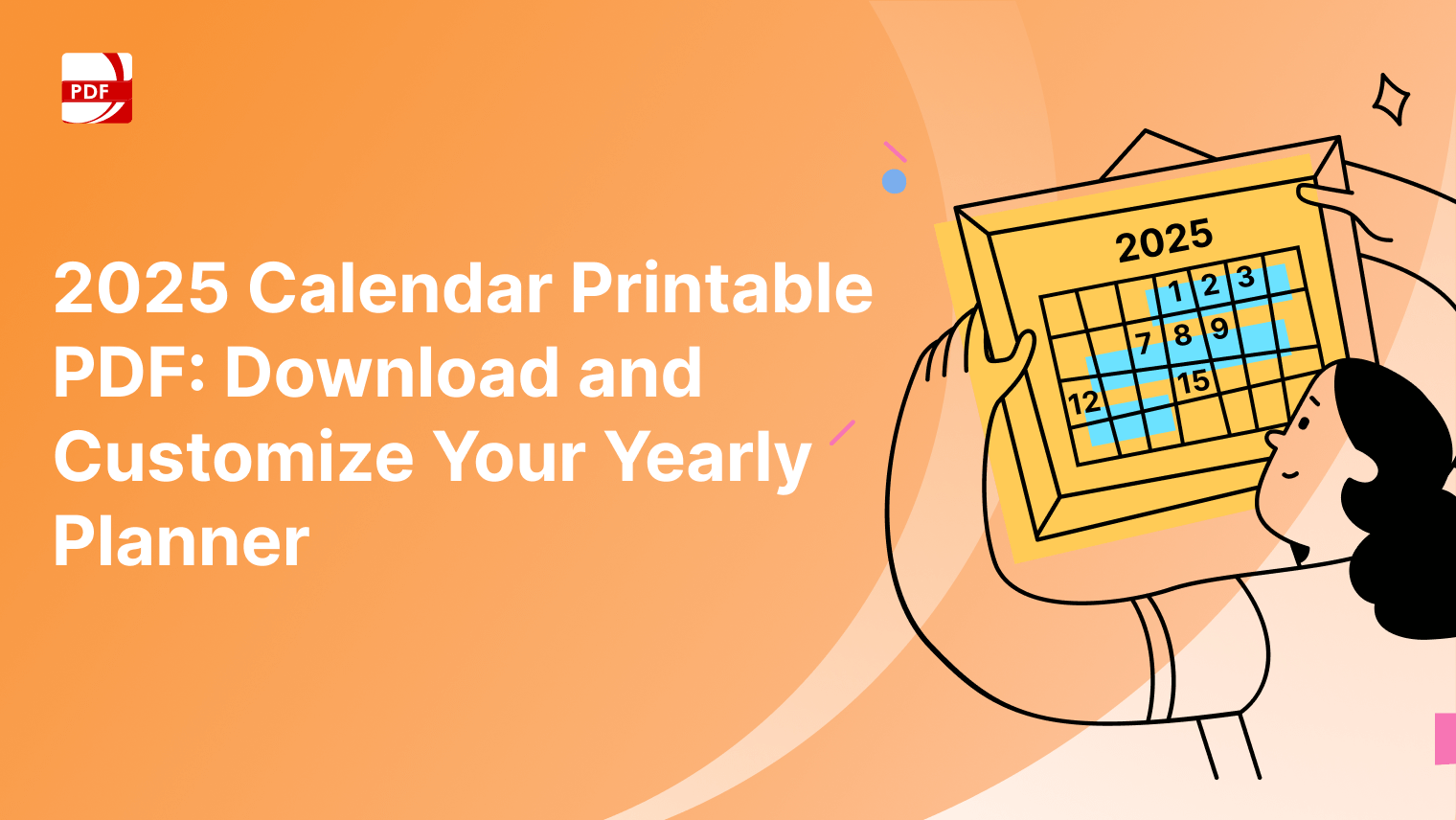Are you ready to land your dream job? Crafting a compelling cover letter is your chance to make a strong first impression on potential employers. A well-written letter can showcase your personality, highlight your skills and experiences, and demonstrate why you're the perfect fit for the role.
Check out our resume template to complete the package and follow these simple steps to create a standout letter that will impress hiring managers and increase your chances of landing an interview.
Tips for Using the Template
Follow these helpful tips to make the most of our team's template:
-
Personalize Your Cover Letter: Make sure to address the hiring manager by name whenever possible and tailor your letter to the specific job and company you're applying to.
-
Highlight Your Achievements: Use concrete examples to demonstrate your skills and accomplishments, and quantify your achievements whenever possible.
-
Keep It Concise: Aim for a cover letter that is no longer than one page and use clear, concise language to convey your message effectively.
-
Proofread Carefully: Before sending your cover letter, double-check for any typos, grammatical errors, or inconsistencies that could detract from your professionalism.
-
Follow-Up: After sending your application, consider following up with a polite email or phone call to express your continued interest in the position.
Best Practice for Filling in a Cover Letter
Crafting a compelling cover letter is essential for making a strong impression on potential employers. Here are some best practices for filling in a cover letter effectively:

-
Study the Job Description: Begin by thoroughly analyzing the job description provided by the employer. Take note of the key qualifications, skills, and experiences they are seeking in an ideal candidate.
-
Tailor Your Content: Customize your cover letter to align with the specific requirements of the job. Highlight your relevant skills, experiences, and achievements that demonstrate your suitability for the position.
-
Address the Hiring Needs: Address the hiring needs outlined in the job description. Showcase how your qualifications and experiences make you the perfect fit for addressing the company's challenges and contributing to its success.
-
Highlight Transferable Skills: Even if your previous roles were in different industries or fields, emphasize transferable skills that are applicable to the position you're applying for. Highlighting these skills can demonstrate your versatility and adaptability.
-
Provide Examples: Support your claims with concrete examples and achievements from your previous roles. Use quantifiable achievements whenever possible to showcase your contributions and impact.
-
Match Your Writing Style: Match your writing style and tone to the company culture and the tone of the job description. For example, if the company values creativity and innovation, consider injecting some personality and creativity into your cover letter.
-
Show Enthusiasm: Express genuine enthusiasm and interest in the position and the company. Convey why you're excited about the opportunity and how you can contribute to the organization's goals.
-
Proofread Carefully: Before submitting your cover letter, proofread it carefully to ensure there are no grammatical errors, typos, or formatting issues. A well-written and error-free cover letter demonstrates professionalism and attention to detail.
-
Use a Professional Format: Follow a professional format for your cover letter, including clear headings, a professional font, and standard margins. Use a professional salutation and closing, and ensure that your contact information is up-to-date.
-
Personalize Your Closing: End your cover letter with a personalized closing statement that expresses appreciation for the opportunity to apply and reiterates your enthusiasm for the position. Sign off with a professional closing such as "Sincerely" or "Best regards."
FAQs: Creating a Cover Letter
Our team has put together some helpful questions and answers about replying to job postings and creating an effective cover letter.
Why is a cover letter important?
It allows you to introduce yourself to potential employers, highlight your qualifications, and explain why you are the best fit for the job. It provides an opportunity to showcase your personality and enthusiasm for the position.
What should be included in a cover letter?
It should typically includes your contact information, the employer's contact information, a salutation, an introduction stating the position you're applying for, a brief overview of your qualifications and experiences, specific examples of how your skills match the job requirements, and a closing statement expressing your interest and thanking the employer for their consideration.
How long should a cover letter be?
It should be concise and to the point, ideally no longer than one page. It should provide enough information to pique the employer's interest without overwhelming them with unnecessary details.
Should I customize my cover letter for each job application?
Yes, it's highly recommended to customize your letter for each job application. Tailoring your cover letter to the specific job and company demonstrates your genuine interest in the position and helps you highlight relevant skills and experiences that align with the job requirements.
How do I address the hiring manager if I don't know their name?
If you don't know the hiring manager's name, you can address the letter to the appropriate title (e.g., "Dear Hiring Manager," "Dear Hiring Committee," or "To Whom It May Concern"). However, whenever possible, try to research and address the letter to a specific individual for a more personalized touch.
Should I include references in my cover letter?
It's generally not necessary to include references unless specifically requested by the employer. Instead, focus on highlighting your qualifications, experiences, and achievements that make you a strong candidate for the position.
Is it okay to use a template for my cover letter?
Using a template as a guide for structuring your letter is perfectly acceptable and can help ensure that you include all the necessary information. However, make sure to customize the template for each job application to reflect your unique qualifications and experiences.
Should I follow up after submitting my cover letter?
It's often a good idea to follow up with the employer after submitting your application to express your continued interest in the position and inquire about the status of your application. You can do this by sending a polite follow-up email or making a phone call to the employer's contact information provided in the job listing.












 Free Download
Free Download  Free Download
Free Download 





 Support Chat
Support Chat